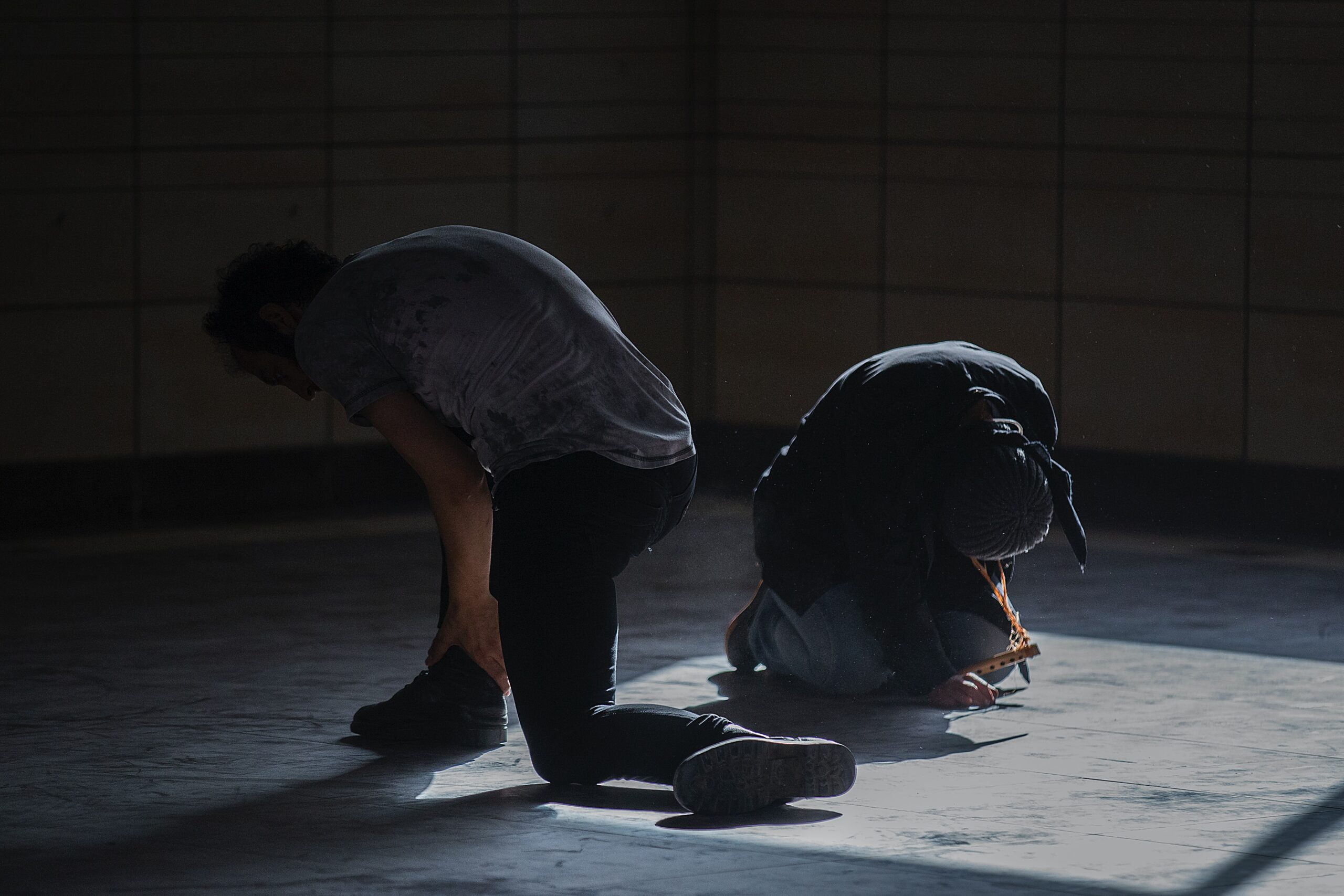Snow in Midsummer is a drama written by Guan Hanqing at around 1240 to 1320 that focuses on the struggles of Dou E. Losing a mother at age three and being a child bride at age seven, Dou E depicts childhood plights during the Yuan dynasty, which is the timeframe of the play, as a result of poverty and social injustice. Despite having a kind mother-in-law, Aunt Cai, Dou E’s plights never ended: her husband died at a young age. But still Dou E chose to stay with Aunt Cai manifesting her family-oriented trait even though she herself did not experience a great family. Another affliction happened during the frame-up by Donkey Zhang, a man who wants to forcefully marry Dou E, accusing Dou E of poisoning his father. This scene reflects how unrequited love can produce a dark desire leading Donkey Zhang to punish Dou E for refusing him through the said frame-up.
Dou E being an empowered woman first denied the allegation for she knows that it is not her doing; hence, we can observe how strong Dou E during this time where China is powered by patriarchy. But as mentioned that Dou E is a family-oriented girl, when the Prefect attempted to torture-to-confess Aunt Cai, Dou E is forced to confess to a crime she did not commit, sentencing her to death. The torture-to-confess is the only practice to have justice during the Yuan dynasty; however, it lacks proper legal process and we cannot assure that someone is really telling the truth or not, just like what happened to Dou E where her confession is fueled by filial piety (xiao).
Before her death, Dou E still managed to maintain her dignity by prophecies which later on became true, signifying her innocence. The arrival of his father as an Imperial Censor fulfills the role of a deus ex machina, the one who will bring justice to Dou E after three years. There is a scene where Dou E and her father both shared their sufferings that became a closure between the two; thus, solidifying that main trait of Dou E—xiao.
Overall, Snow in Midsummer analyzes the causes of affliction to women during the Yuan dynasty—poverty as seen from Dou E’s abandonment and being a child bride; death; dark motives out of unrequited love; corruption; and social injustice. However, in spite of all these sufferings, the play manages to convey how powerful filial piety and truth where both must be observed to all Chinese during that time. Therefore, as a play with both losses and lessons, Snow in Midsummer recognizes that the human experience might be full of struggles, but there is always love and truth at the end that will resonate across time and space.
Tags: Snow in Midsummer, Guan Hanqing, Chinese drama, justice, revenge, forgiveness, review, lifethinkler
Author: Christian Loid Valenzuela







